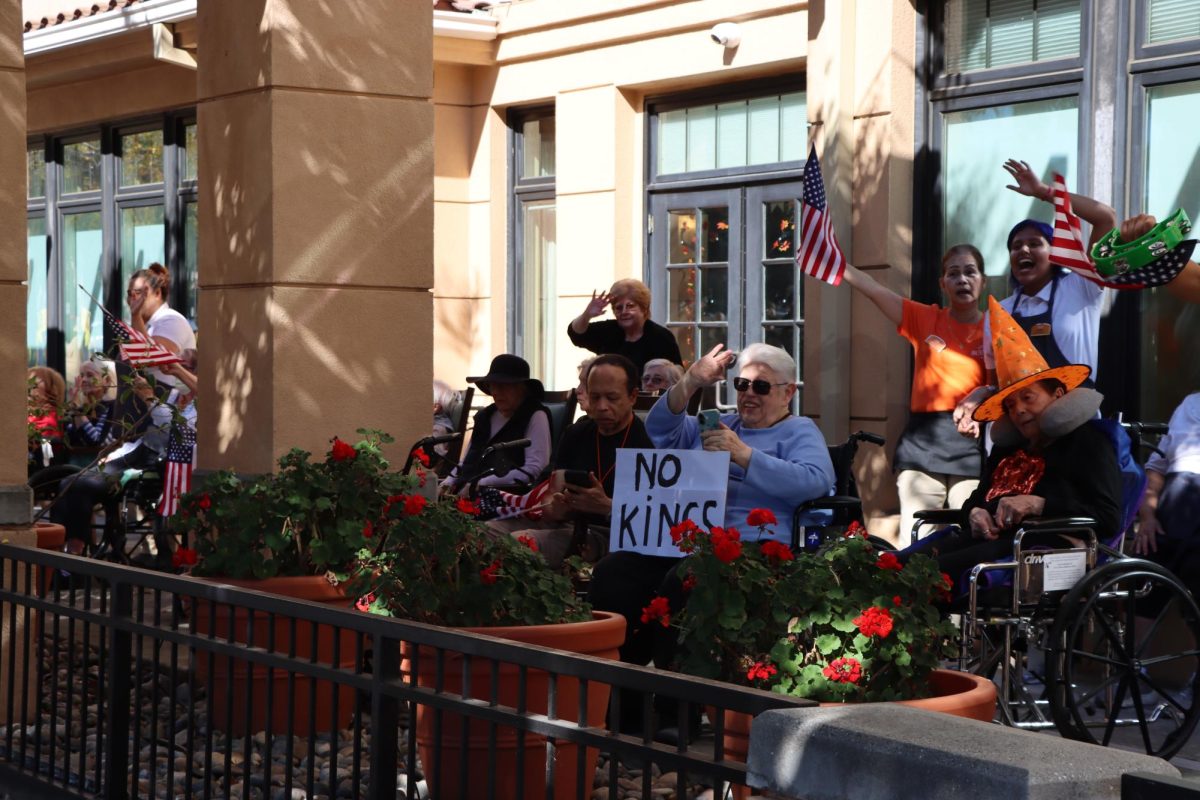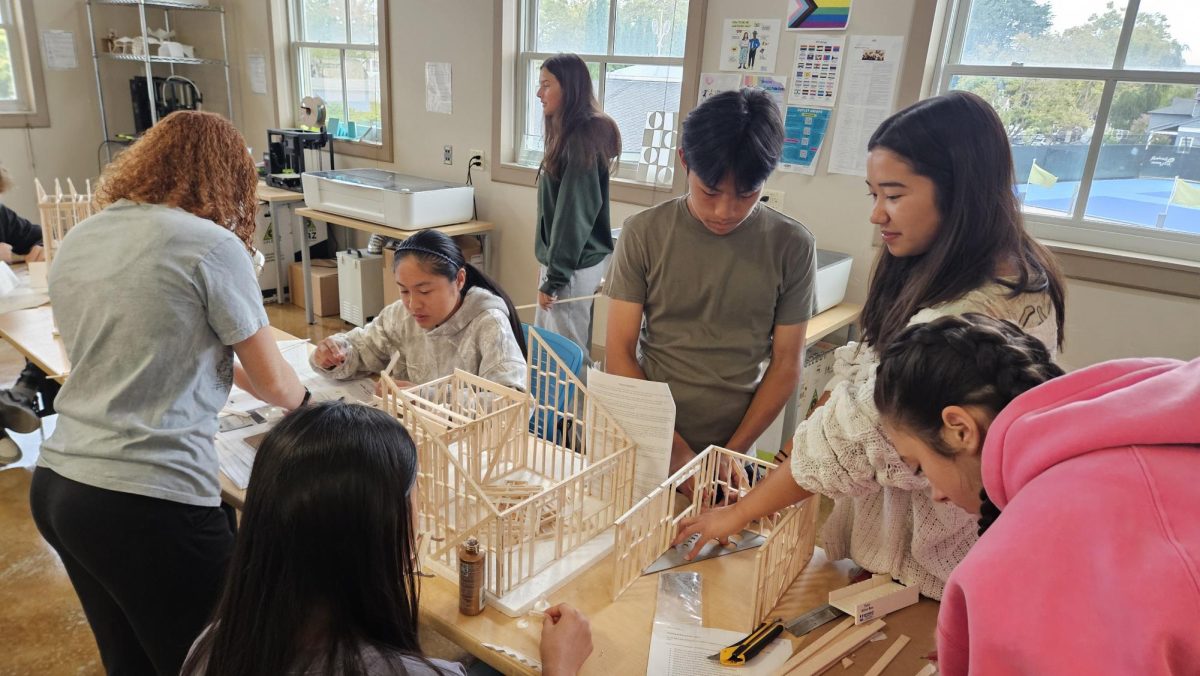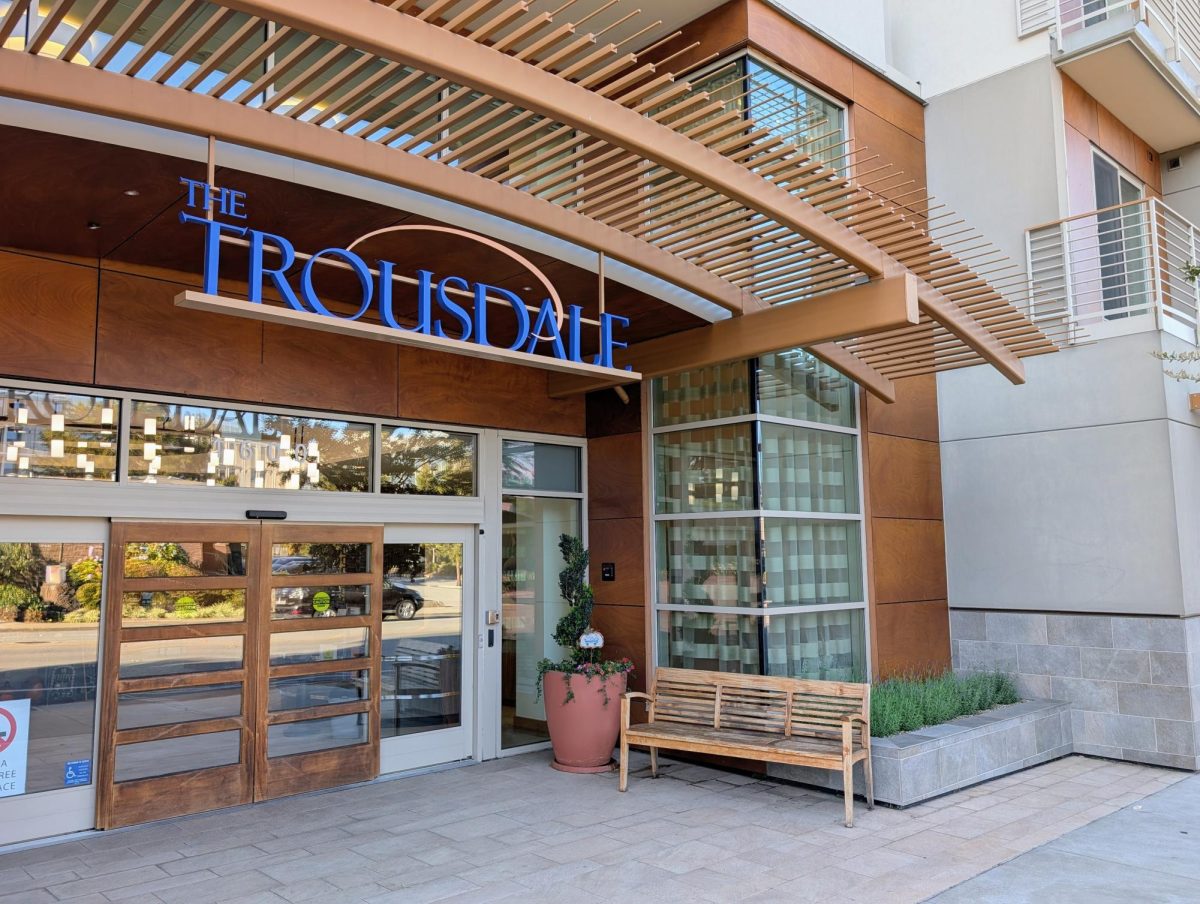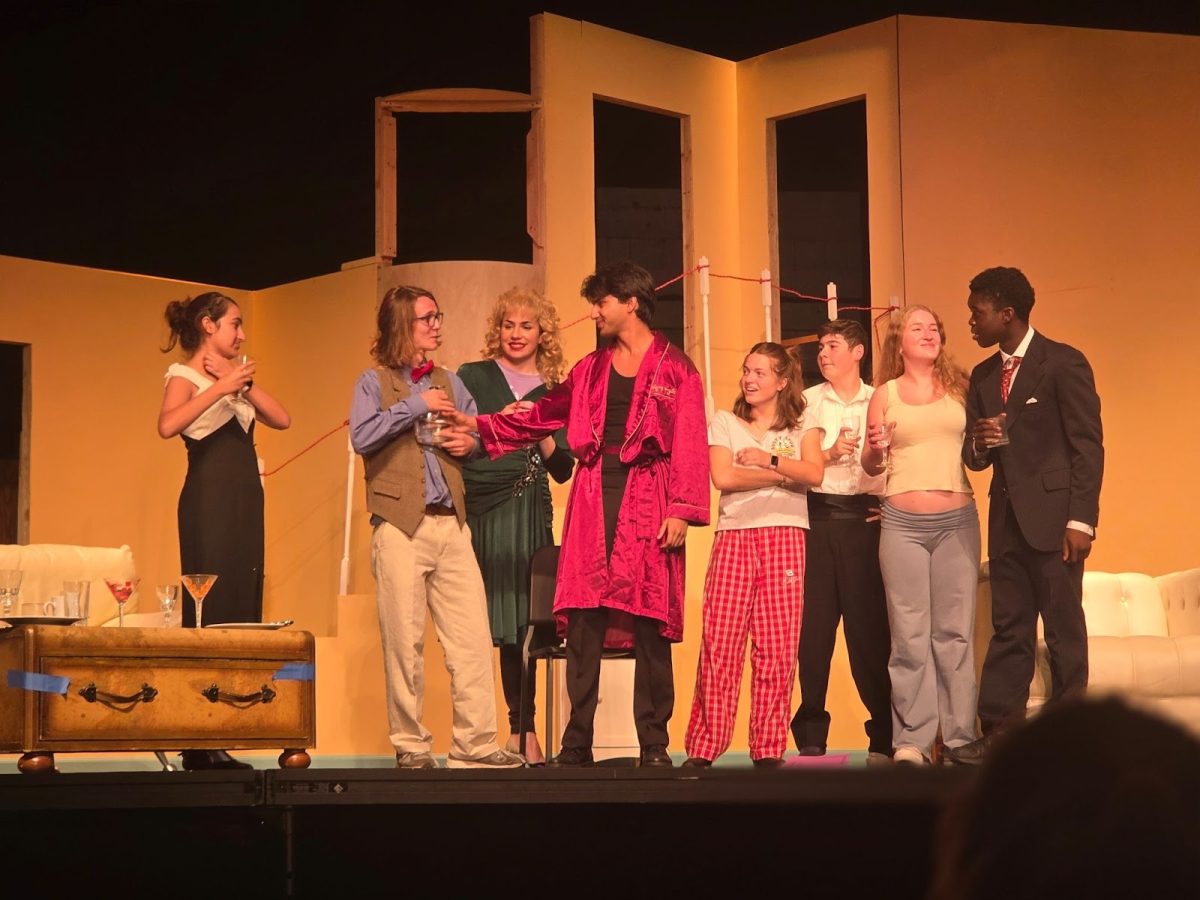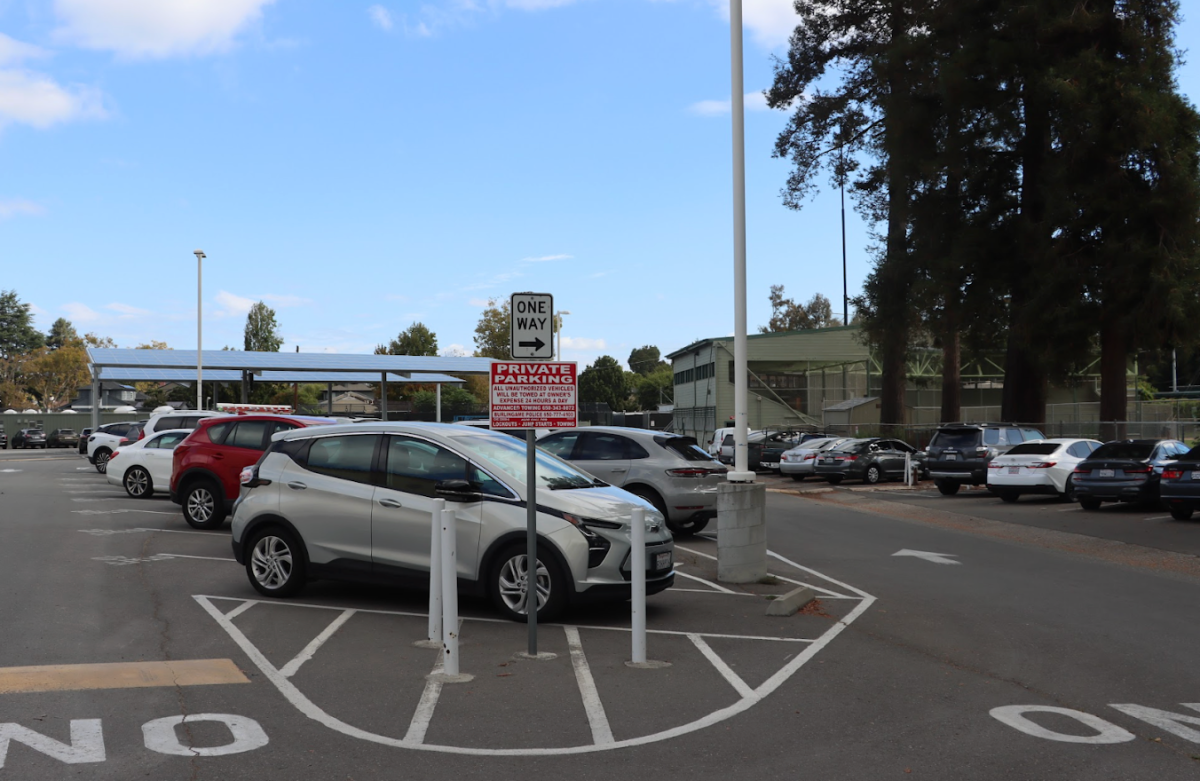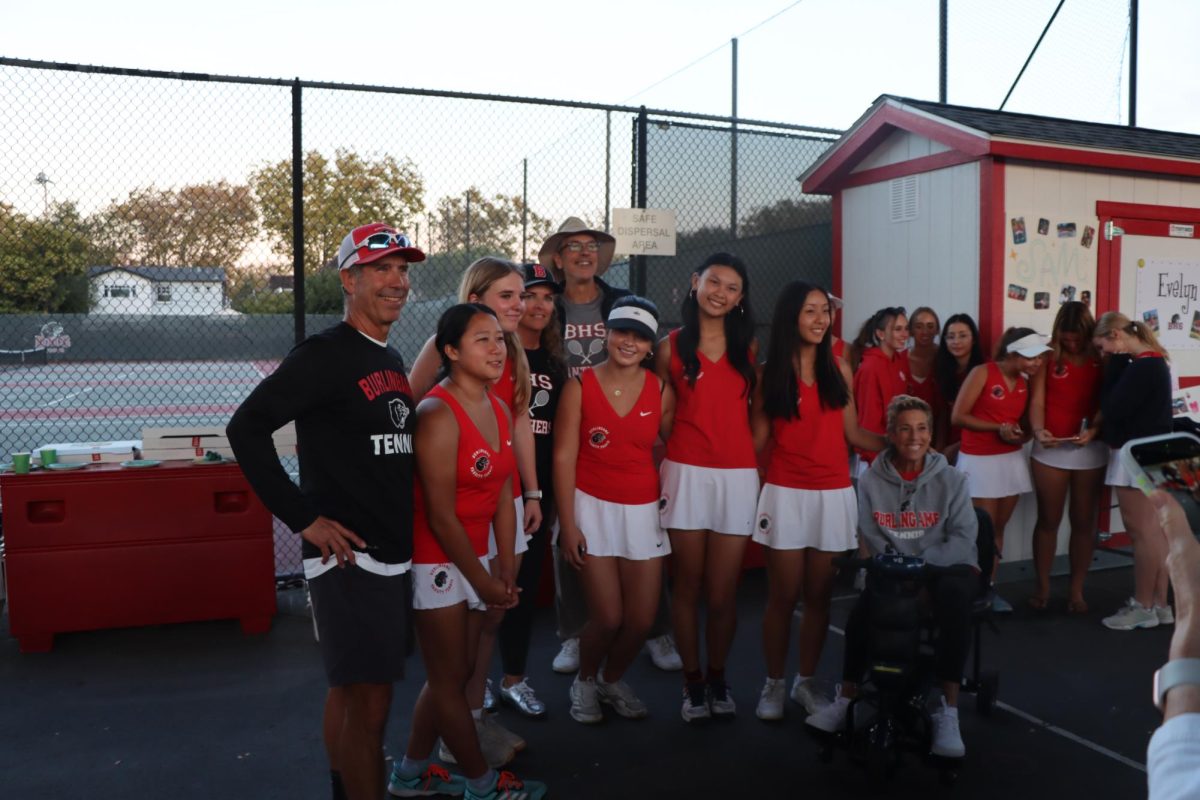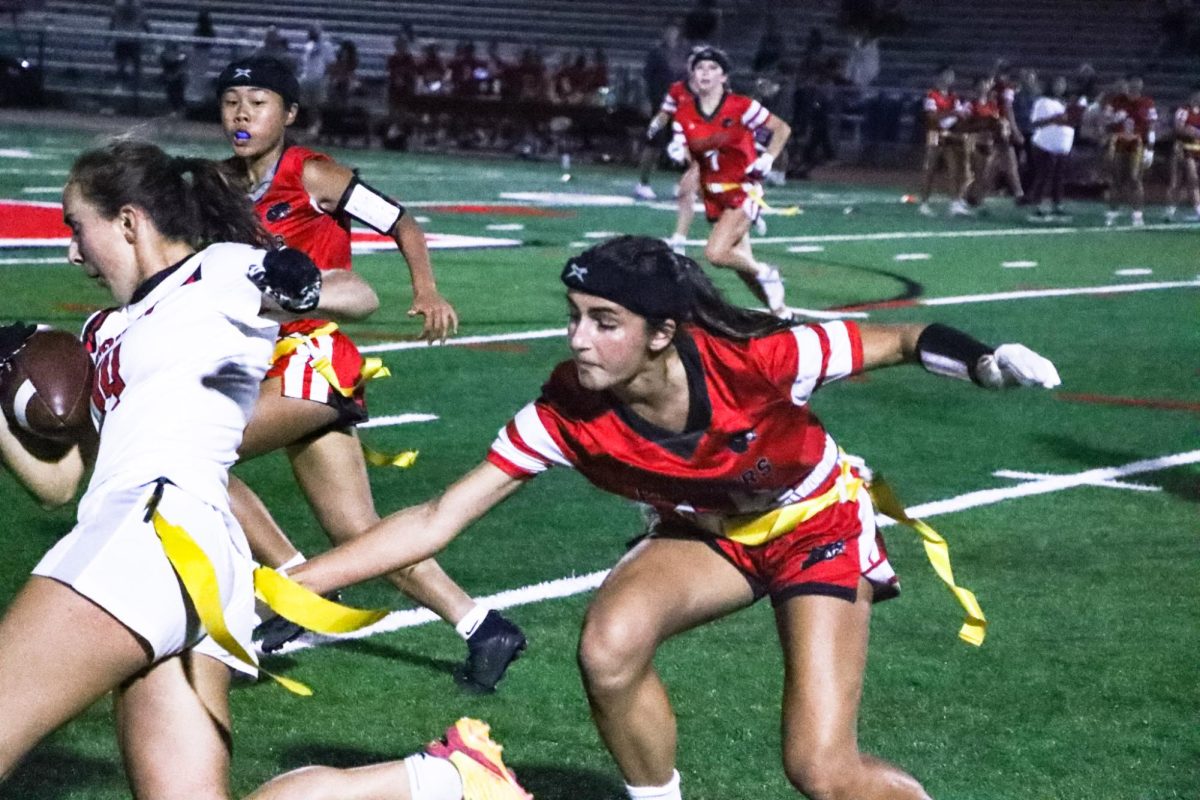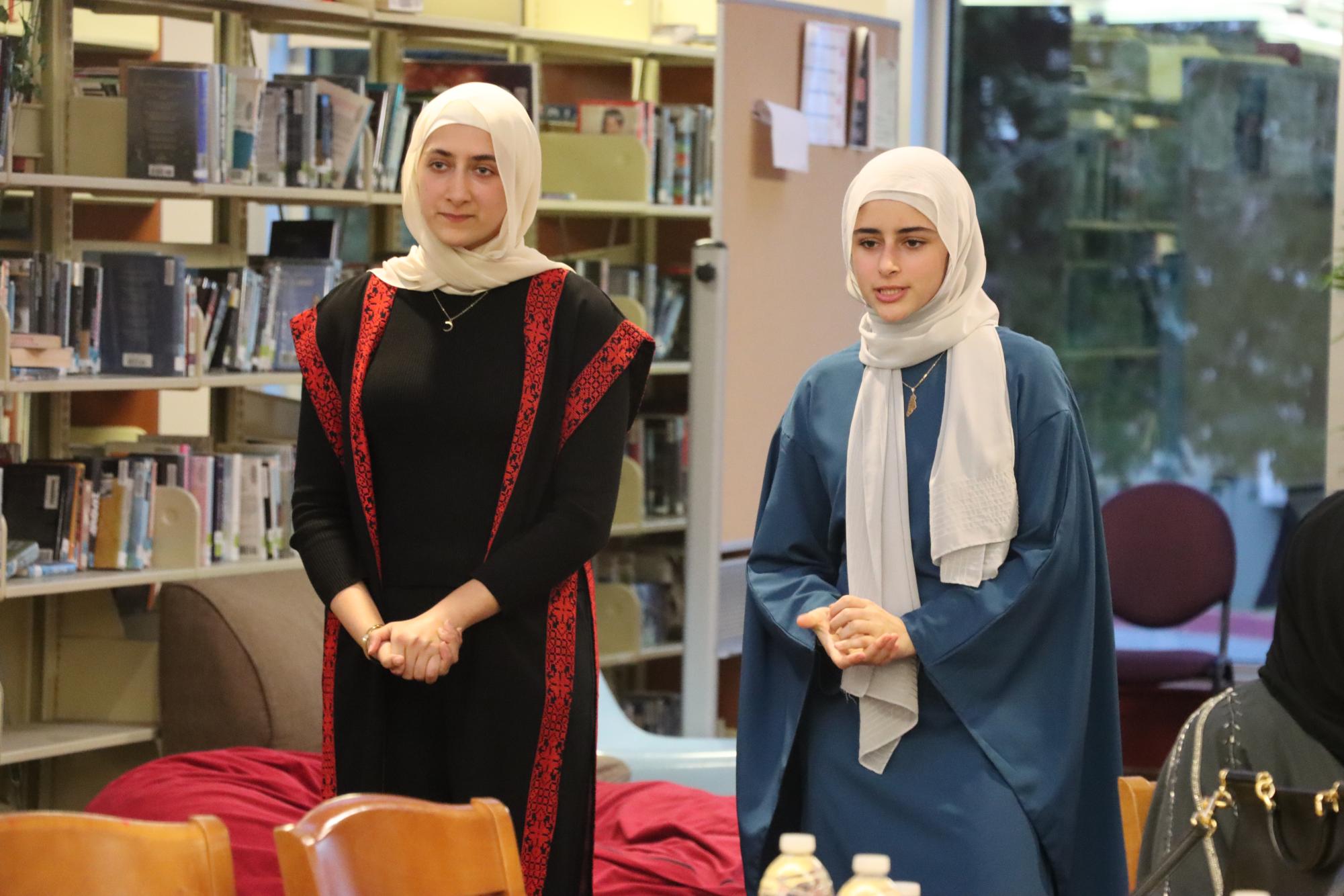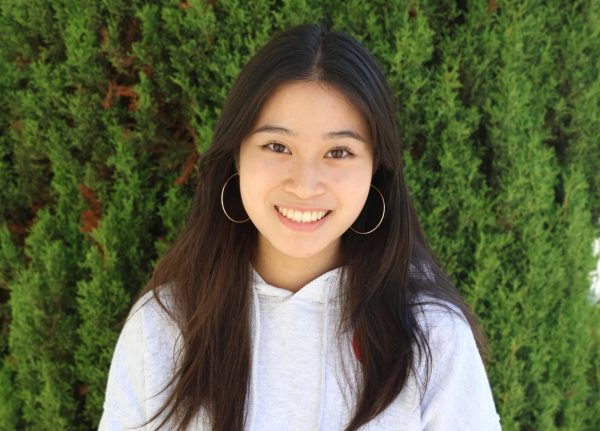While some students wake up as early as four or five in the morning for sports practice or to finish up last-minute homework, junior Mohamad Elayan does it for a different reason — Ramadan, the ninth and holiest month of the Islamic calendar. For the 2 billion Muslims worldwide who celebrate Ramadan, the sacred month commemorates the first time God revealed the Quran — Islam’s central religious text — to the Prophet Muhammad.
To celebrate Ramadan, many Muslims unite through the ritual of daily fasting – known as sawm –- from dawn to sunset, abstaining from all food and drink to foster their relationship with God and promote self-discipline. The fast continues each day until Eid al-Fitr, the festival that marks the end of the month-long observance. This practice is part of the Five Pillars of Islam — and one that Elayan follows throughout the month.
“For me, Ramadan is a time of self-sacrifice,” Elayan said. “It’s a time where we compromise a lot of the things we do in our daily lives to be [more spiritually focused]. I know my steadfastness and relationship with God are much better because I pray a lot more than I used to and I go to the mosque more often, but there are challenges obviously when I’m hungry [during school] — I have a lack of focus and school becomes harder.”
To provide support to Muslim students like Elayan who are fasting throughout the school day, English teacher Reema Asia has provided her classroom as a space for Muslim students to pray, read the Quran, and unwind. As a practicing Muslim herself, Asia highlights the personal significance Ramadan holds for her, particularly in redirecting her mind to the “things that truly matter in life.”
“It’s almost like a reset button for me,” Asia said. “We become so consumed by life and things that we think are important, but Ramadan is a reminder that there’s religion, family, justice, and community that should truly be at the front and center of our mind. It’s liberating to be reminded of what matters and to not allow worldly or very trivial things to be so consuming of who I am.”
Because Ramadan falls at a time when juggling school or work can be difficult for Muslims to have a moment to break their fast, Samia Shoman, principal of the Bridge Academy of San Mateo Union High School District (SMUHSD), worked with SMUHSD Family Engagement Coordinators to host the second annual Ramadan Potluck iftar on Wednesday, March 14, to bring together the local Muslim community.
“[As] someone who has worked in the district a long time and a practicing Muslim, this event is such a great way to create a supportive environment,” Shoman said. “I hope the people [that came] can see how our district values our Arab and Muslim community and our efforts around equity.”
Although junior Abedal Al-Darak acknowledges the efforts of uplifting the Muslim community and bringing more awareness to cultural events like Ramadan across the district, he hopes to see more cultural representation of the Arab community on campus.
“Many people don’t know about Ramadan or Eid as much, and that has impacted me a lot,” Al-Darak said. “I haven’t seen a lot of representation about Ramadan in the hallways and throughout school, and I just think there needs to be a lot more recognition towards this holiday and this holy month.”
For Asia, celebrating Ramadan this year goes beyond her personal growth as a Muslim. As an Arab Palestinian, she emphasizes how current global events impact her values and focus during this month of reflection.
“I’m Palestinian, and for quite some time now, we’ve been witnessing terrible things happen to the people of Gaza,” Asia said. “They have not had adequate access to food and water, yet they’re surviving to the best of their ability. So this month is really forcing me to be grateful for what I have and to be empathetic to people across the world who are struggling. I believe that my religion is very deeply founded on justice, so I [am] making that a center of my religious practice — not just justice for me and my community, but justice for everyone.”

